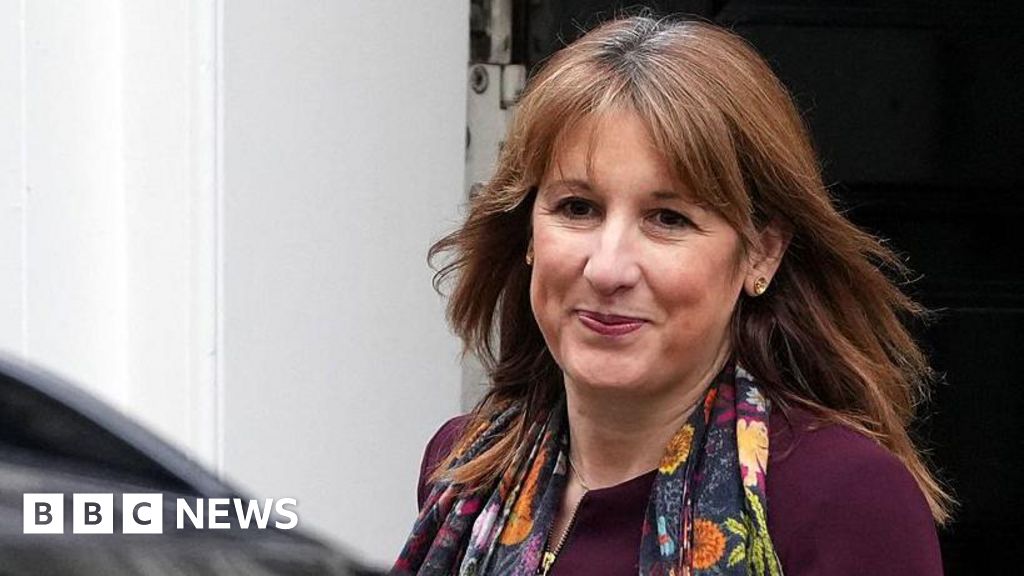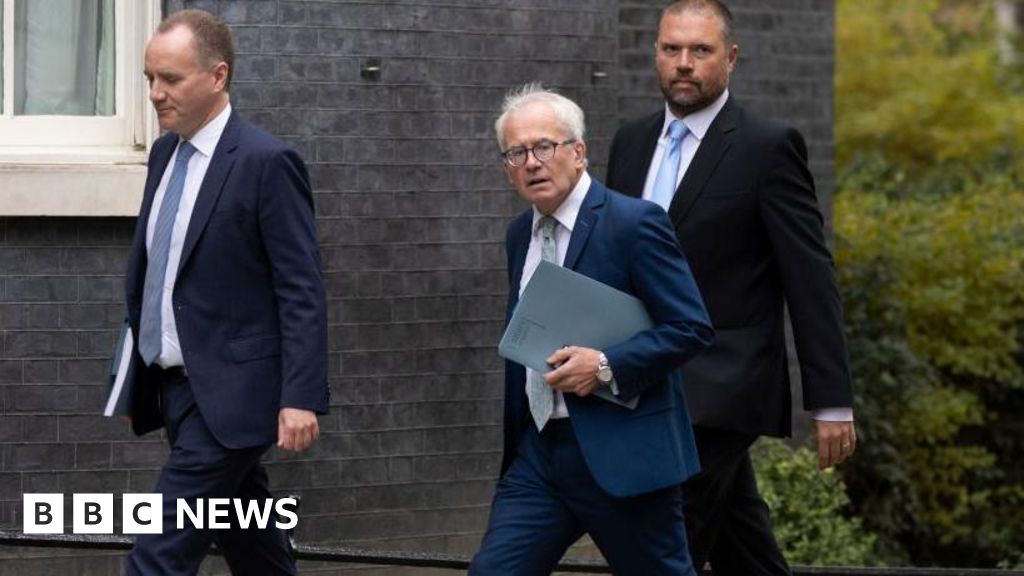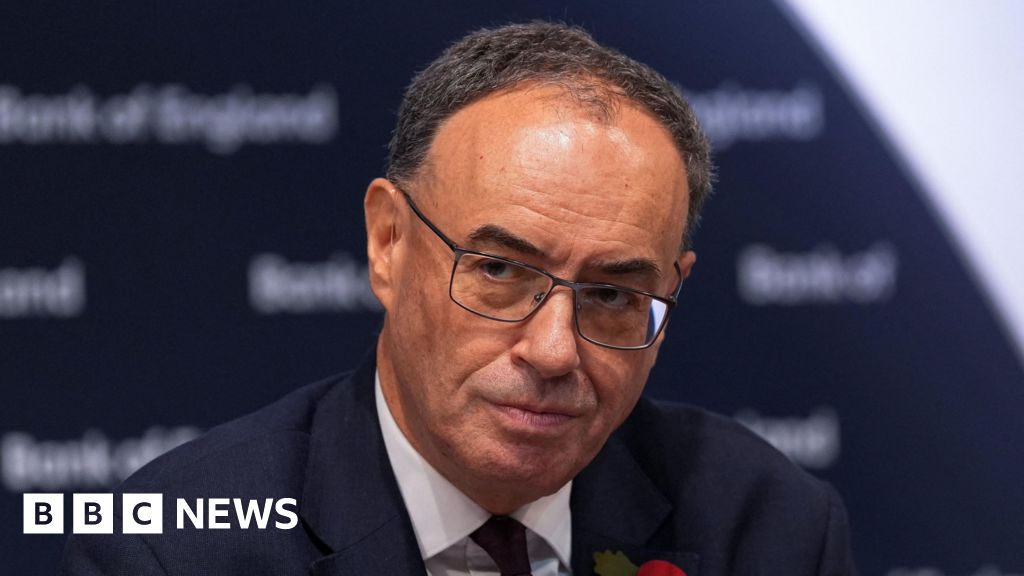As Trump’s order stirs anxiety, White House clarifies that the fee only applies to new applicants and will be levied per petition.
Published On 21 Sep 2025
The United States has issued a clarification to its new H-1B visa policy, saying that the new $100,000 fee for skilled workers will be levied per petition and will not apply to current visa holders.
The announcement on Saturday came a day after US Secretary of Commerce Howard Lutnick said it would be paid annually, and would apply to people seeking a new visa as well as renewals.
Recommended Stories
list of 4 itemslist 1 of 4Zelenskyy plans to meet Trump on sidelines of UN as Russia steps up attackslist 2 of 4Why is a deal with China on TikTok’s US assets so important to Trump?list 3 of 4Americans to dominate board of TikTok’s US operations: White Houselist 4 of 4Trump warns of ‘incalculable price’ if Venezuela won’t accept ‘prisoners’end of listLutnick’s comment prompted major tech firms, including Amazon, Microsoft, Meta and Alphabet, which is Google’s parent company, to warn employees with H1-B visas to stay in the country or return quickly.
White House press secretary Karoline Leavitt, however, clarified that the fee will only apply to new visas and that the rule “does not impact the ability of any current visa holder to travel to/from the US”.
“This is NOT an annual fee. It’s a one-time fee that applies only to the petition,” she wrote.
“Those who already hold H-1B visas and are currently outside of the country right now will NOT be charged $100,000 to re-enter… This applies only to new visas, not renewals, and not current visa holders,” she added.
The executive order imposing the new fee was signed by President Donald Trump on Friday night and is scheduled to take effect at 12:01am on (04:01 GMT) Sunday.
It is scheduled to expire after a year. But it could be extended if the Trump administration determines that is in the interest of the US to keep it.
H-1B visas allow companies to sponsor foreign workers with specialised skills – such as scientists, engineers and computer programmers – to work in the US, initially for three years, but extendable to six.
The visas are widely used by the tech industry and are doled out through a lottery system. Indian nationals account for nearly three-quarters of the permits.
Critics say the programme undercuts American workers, luring people from overseas who are often willing to work for as little as $60,000 annually. That is well below the $100,000-plus salaries typically paid to US technology workers.
India’s Ministry of External Affairs said on Saturday that Trump’s latest plan “was being studied by all concerned, including by Indian industry″. The ministry warned that “this measure is likely to have humanitarian consequences by way of the disruption caused for families. Government hopes that these disruptions can be addressed suitably by the US authorities”.
The US Chamber of Commerce also expressed worry.
“We’re concerned about the impact on employees, their families and American employers,” it said in a statement. “We’re working with the Administration and our members to understand the full implications and the best path forward.”
On the popular Chinese social media app Rednote, meanwhile, many H-1B holders shared stories of rushing back to the US — some just hours after landing abroad – fearing they would be subject to the new fee.
Some people who were already on planes preparing to leave the country on Friday de-boarded over fears they may not be allowed to re-enter the US, the San Francisco Chronicle reported.
Allen Orr, an immigration lawyer and immigration chair of the National Bar Association, told Al Jazeera that the latest order has caused “mass confusion”.
Workers who held new or renewed H-1B visas and who were outside the US were told not to come, delaying start dates and costing money due to the “cancellation of flights and housing”, Orr said.
The lawyer added that Trump’s order was sending the wrong message to talented workers living abroad.
“If it applies to next year, $100,000 for an H-1B worker just basically puts it out of the market, and many of these jobs will then just remain overseas,” he said.
“The American secret is that we’ve basically taken talent from around the world and colonised it and made of the United States a sort of stamp. When we stop letting that talent into the United States, we’re hurting our brand,” he added.

 Movie
Movie 2 months ago
327
2 months ago
327 





![Presidents Day Weekend Car Sales [2021 Edition] Presidents Day Weekend Car Sales [2021 Edition]](https://www.findthebestcarprice.com/wp-content/uploads/Presidents-Day-Weekend-car-sales.jpg)




 English (United States)
English (United States)